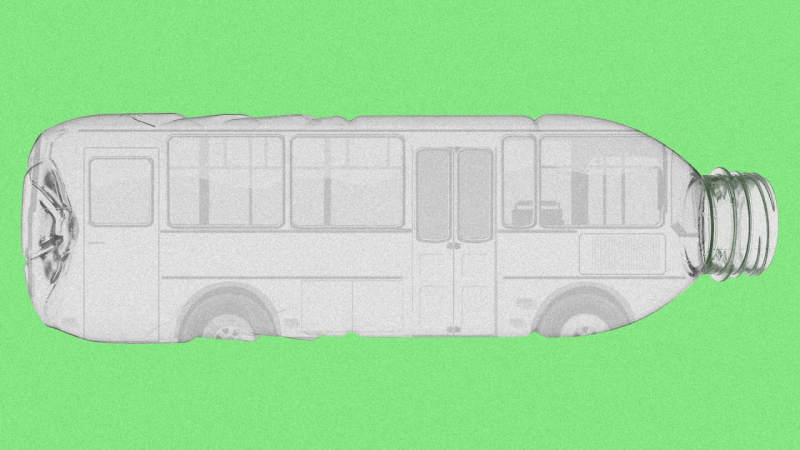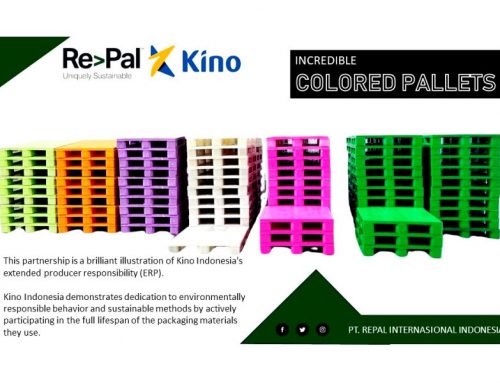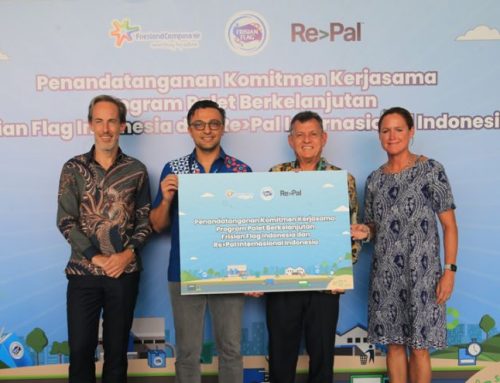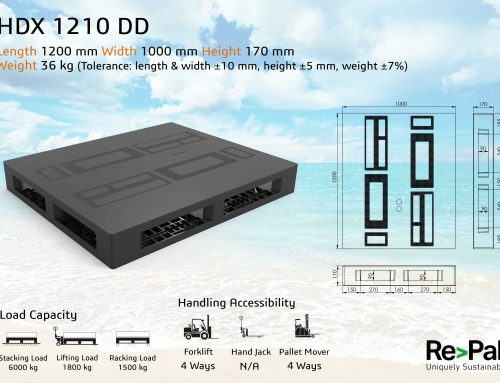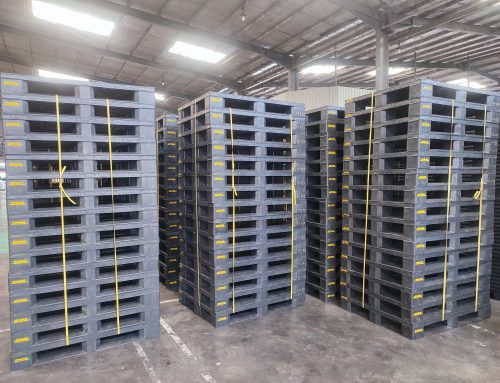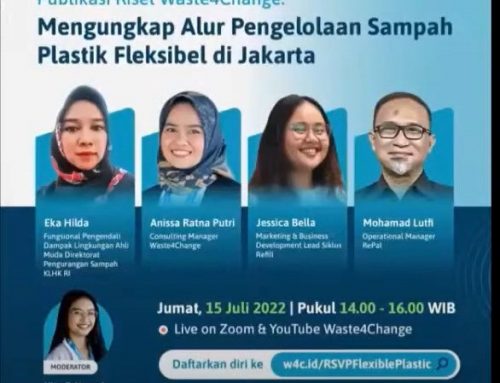It is nearly impossible to live without plastic today. According to a recent study*, since 1907 when plastic was first created, 8.3 billion metric tonnesof non-recycled virgin plastic have been produced. This has generated a staggering 6.3 billion metric tonnes of waste globally; 79 per cent of which has been (or will be) put into landfill. Only 9 per cent of this is being recycled.
Finding innovative and environmentally-friendly ways of capturing plastic is critical. For example, according to the Plastics and Chemicals Industries Association of Australia, only 300,000 tonnes of plastic (a mere 20 per cent) is collected for recycling each year.
A big reason for this lack of capture of plastics that not all plastics can be easily recycled and often require mechanical or hand sorting before processing.Thankfully there are companies around the world that can imagine a planet where we were able to clean up our oceans, reduce our landfill and do something positive with the plastic pollution currently choking our world.
We round up the companies and schemes devising innovative ways of capturing and recycling plastics, and leading the way towards a world of zero waste.
Garbage bank
Indonesia is the second-largest contributor to marine plastic pollution after China. It has a reported four Indonesian rivers ranked among the 20 most polluted in the world. In 2017 at the World Oceans Summit in Nusa Dua, Bali, Luhut Binsar Pandjaitan, Indonesia’s coordinating minister for maritime affairs, pledged up to $1bn a year to reduce the amount of plastic and other waste polluting its waters. The goal is a 70 per cent reduction in marine waste within eight years. One scheme working towards this is Garbage Bank, a social and environmental operation that has been set up in cities around Indonesia to allow under-privileged people to “bank” their plastic waste in return for financial benefits. Such deposits into the Garbage Bank accumulate to result in positive social benefits such as scholarships.
Recycle to ride
In the city of Surabaya in Indonesia an environmental City Tour Bus scheme has been created to build public awareness surrounding plastic waste. Devised by the city mayor Bu Tri Rismaharini,this bus tour allows people to join the tour simply by handing in three used plastic bottles. Beijing, China has a similar scheme set up, where vending machines are placed inside the city’s train stations, where commuters are incentivised to deposit empty plastic bottles. The bottles are scanned for their value then commuters receive the equivalent in public transportation credit or mobile phone minutes. This is an innovative way to show consumers the direct value of their waste. Even though Re>Pal doesn’t use PET in its pallets, the concept of adding value to waste streams adds to circularity.
TerraCycle
Multinational organisation, TerraCycle, deals with the issue of hard-to-recycle waste. This non-profit organisation offers free recycling programs funded entirely by environmentally-aware brands, retailers and manufacturers across the globe. TerraCycle is utilised by large enterprise as well as SMEs to recycle their packaging, however the program is also open to consumers, who are encouraged to collect waste within their home, school, or office before sending it (free of charge) to TerraCycle’s recycling plants.
Re>Pal
Environmentally-aware international company Re>Pal, is at the forefront of the movement towards a future of zero waste. Based in Indonesia, Re>Pal uses its own innovative and patented technology, ThermoFusion, to eliminate the costly process of grading and sorting different quality, type or colour of plastic waste materials. The ThermoFusion technology uses intense heat to create a malleable dough out of the salvaged mixed waste plastic. This is then compressed to create uniform, moulded pallets of excellent strength and durability (ISO8611 compliant). “We offer not only an environmentally-friendly, carbon neutral alternative to wood pallets but also a more cost-effective and lower risk solution to your business supply chain,” says Stephen Bowhill, Chief Executive Officer, Re>Pal.
Re>Pal’s Thermo Fusion process has been rigorously tested by independent bodies and poses a real solution to the issue of mixed waste.
“Compared with one-way/simple wooden pallets Re>Pal is a class above in terms of waste (as well as energy, greenhouse gas emissions and obviously trees consumed). Re>Pal sets a leading example for innovation and a zero waste future,” says Jonas Bengtsson, Chief Executive at Edge Environment.
No one denies that plastic has had a transformative effect on society. However increasingly, we are experiencing an escalating crisis with waste plastic. Our oceans and beaches are increasingly a wash with both soft and hard plastics, while plastic dumping and landfill is at an all-time high. Building the right recycling infrastructure is key and we will explore more solutions that are developing in Indonesia specifically in future editions, meanwhile, solution-based environmentally-friendly schemes such as these mentioned above are making a change in thinking in terms of recycling and offer genuine solutions for capturing plastic and working towards a future of zero waste or even ‘below zero’ waste impacts!
*Study by Science Advance

